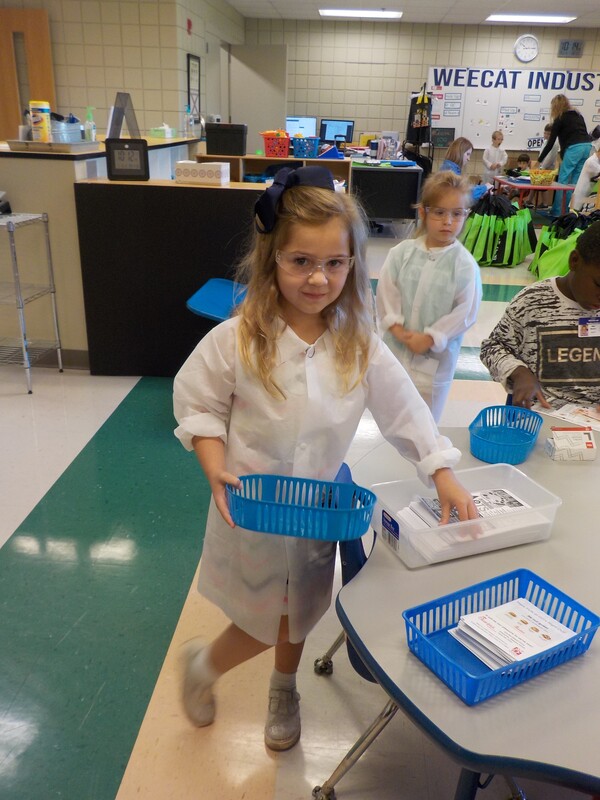Rural Workforce Development
"A successful economic development strategy must focus on improving the skills of the area's workforce." -Rod Blagojevich
|
The UACED focus for workforce development in rural Alabama includes the following activities:
|
WeeCat Industries: Educating the Future
|
Upon review of student outcomes related to workforce readiness, the Enterprise City Schools Special Projects Center Director, Joylee Cain, determined the preschool setting presents the perfect opportunity to teach employability skills in conjunction with the instructional delivery of standards. Through the utilization of a simulated workplace and work into the daily curriculum and educational activities, WeeCat Industries embeds the Alabama Developmental Standards for preschool children for their three- and four-year old special education and general education students. The simulated workplace incorporates the nine areas of development for pre-kindergarten students as outlined in the Alabama Developmental Standards for Preschool Children: approaches to learning, language and literacy, mathematics, science, creative arts, technology, social and emotional development, physical development, and health and daily living. One of the most effective ways to use these developmental standards is to create the beginning of a continuum of learning that links early development to later success in school and life. So how does WeeCat Industries work? The workforce was “hired.” The kindergarten class is composed of roughly half students with special educational needs (ranging from mild to severe cognitive developmental delays and/or mild to severe fine- and gross-motor skill developmental delays) and half were typically developed peers. A name was chosen and was born from the school system’s mascot, the Wildcat, hence, WeeCat Industries. By: Dr. Patrick Cain, Assistant Superintendent, Enterprise City Schools
|



